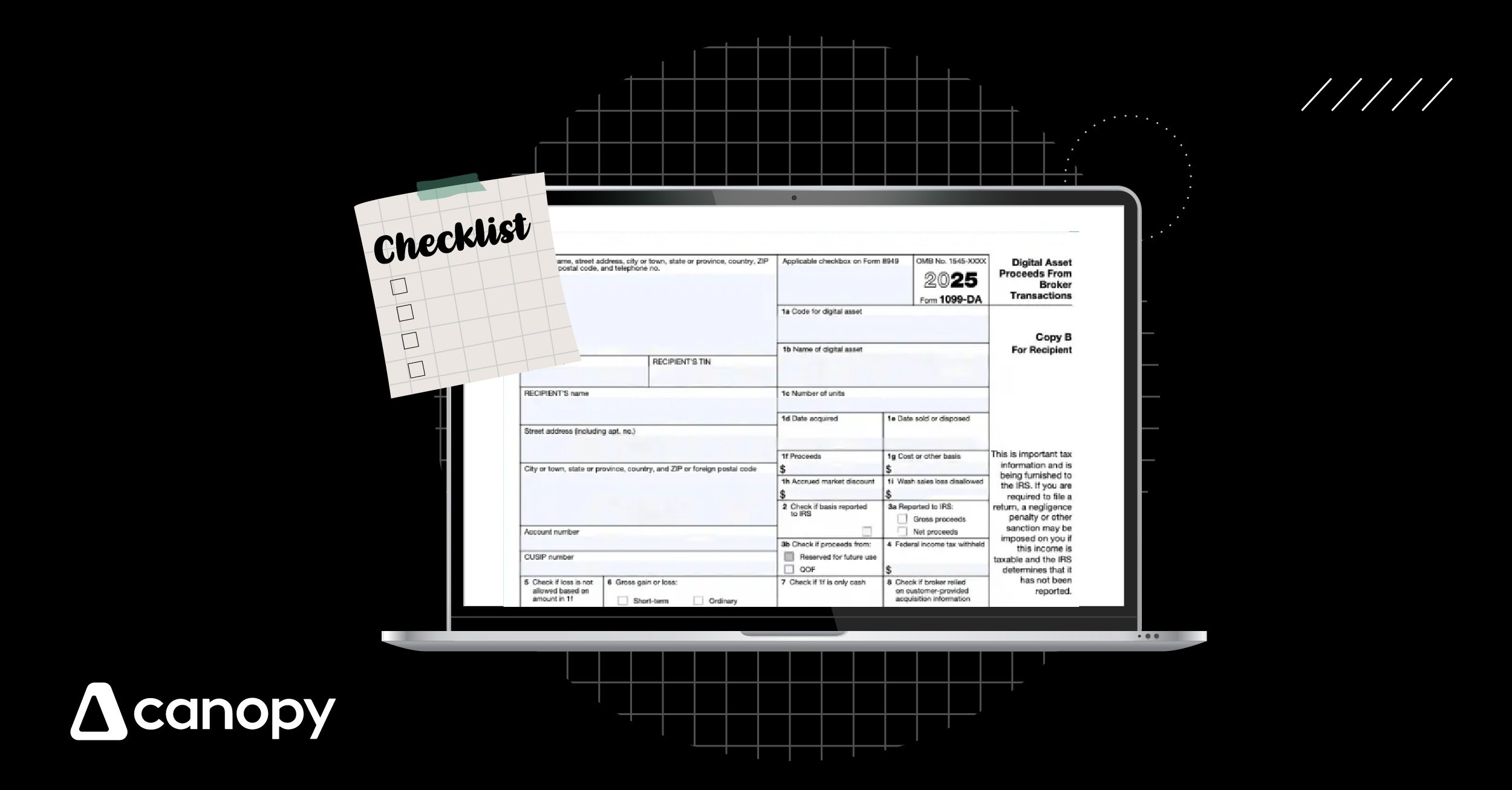As an accountant, you understand that clients are the lifeblood of your business. After all, without them, there is no business. That’s why firms invest heavily in marketing and client acquisition. But here’s the real kicker: acquiring a new client can cost 5 to 25 times more than keeping an existing one.
So, what’s the secret to retaining your clients? Trust. And it’s not something you just get—you have to earn it. Your clients want to know you’ve got their back, and that you’ll be reliable, transparent, and easy to work with.
Want to be the firm clients never want to leave? Here are five strategies to build trust and create long-lasting client relationships.
5 Ways to Build Trust With Clients
1. Be Reliable
Be the accountant your clients never have to chase down. Meet deadlines. Double-check your work. Whether it's a quick tax return or a complex financial plan, give every task your full attention. And if problems arise, loop your clients in early so they know you're on top of it.
At the end of the day, your clients aren't just paying for your expertise, they're paying for peace of mind. Make sure they know their work will be done right, on time, and with care.
2. Be Transparent
Transparency and good communication aren’t just nice-to-haves, they’re non-negotiable for building trust with your clients. Set expectations upfront. Be clear about your pricing, the services you’ll provide, and how you’ll protect their information. Let them know what you have to offer and ask them how you can best meet their needs.
Engagement letters are the best way to make sure everyone’s on the same page from the get-go. Not sure where to start? Here are 7 steps to creating the perfect engagement letter.
Here’s another pro tip: ditch the jargon. Your clients don’t need a crash course in accounting terminology, they just want to understand what they’re paying for. Keep your language simple, and create an open environment where questions and feedback are always welcome.
3. Be Proactive
Don’t wait for clients to come to you. Reach out to them proactively to check in or share helpful tips. When you maintain regular contact, clients see that you’re thinking about them, not just when deadlines are looming, but all year round. That kind of attention makes them more likely to trust your advice and stick with your firm.
One small way to do this is by sending your clients helpful resources. If you come across an article that could benefit a client, send it their way. Better yet, suggest additional services your firm offers that could make their life easier. Small, thoughtful gestures show your clients that you’re invested in their success.
4. Be Available
Your clients want to feel valued, but that doesn’t mean you have to be on call 24/7. Set expectations about when and how they can reach out. Be upfront—yes, you’re juggling multiple clients, but that doesn’t mean they’re not a top priority.
Work together to find the best way to communicate, whether it’s email, the client portal, text, phone, or face-to-face meetings. The key here is consistency, so when they do reach out, be sure to respond in a timely manner.

5. Be Authentic
Authenticity might be the most important tip on this list. Your clients can tell when you’re just going through the motions, and nobody wants to feel like a transaction.
Show your clients that you care about them, not just their money. Learn more about their goals, their families, and their hobbies. And don’t be afraid to show a little of your own personality too. Real conversations build trust in a way spreadsheets never will.
Stephen R. Covey, author of The 7 Habits of Highly Effective People, said, "Contrary to what most people believe, trust is not some soft, illusive quality that you either have or you don't; rather, trust is a pragmatic, tangible, actionable asset that you can create."

As you implement these five strategies, you’ll see your client relationships strengthen. This will create a successful, trust-based firm that retains clients and keeps them coming back year after year. Developing strong relationships with your current clients will also lead to more referrals and positive reviews, solidifying your reputation as a go-to professional
Improve Your Client’s Experience
Once you’ve implemented the best practices for building a trusting relationship with your clients, you can improve their experience with your firm even more by investing in a customer relationship management (CRM) software like Canopy. Not only will Canopy help you keep track of all your client information and keep it secure, but your clients will also have 24/7 access to a client portal that makes collaboration even easier. They’ll be able to sign engagement letters electronically, share files, make payments, and more.
Learn more about how our accounting practice management software can add value to your firm!

Chris is a content manager for Canopy, joining the team with a combined eight years of experience as a copywriter, editor-in-chief, and content marketer. He's a skilled wordsmith and strategic thinker who shapes brand identity through compelling content and fosters a collaborative and innovative environment. With a passion for storytelling and a dedication to excellence, he is a driving force behind any company's success in content marketing. Champion of the Oxford comma.
READ MORE BY Chris







Get Our Latest Updates and News by Subscribing.
Join our email list for offers, and industry leading articles and content.